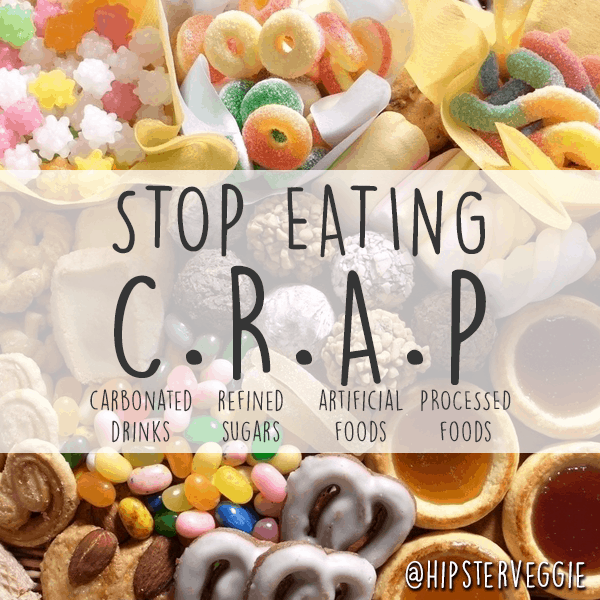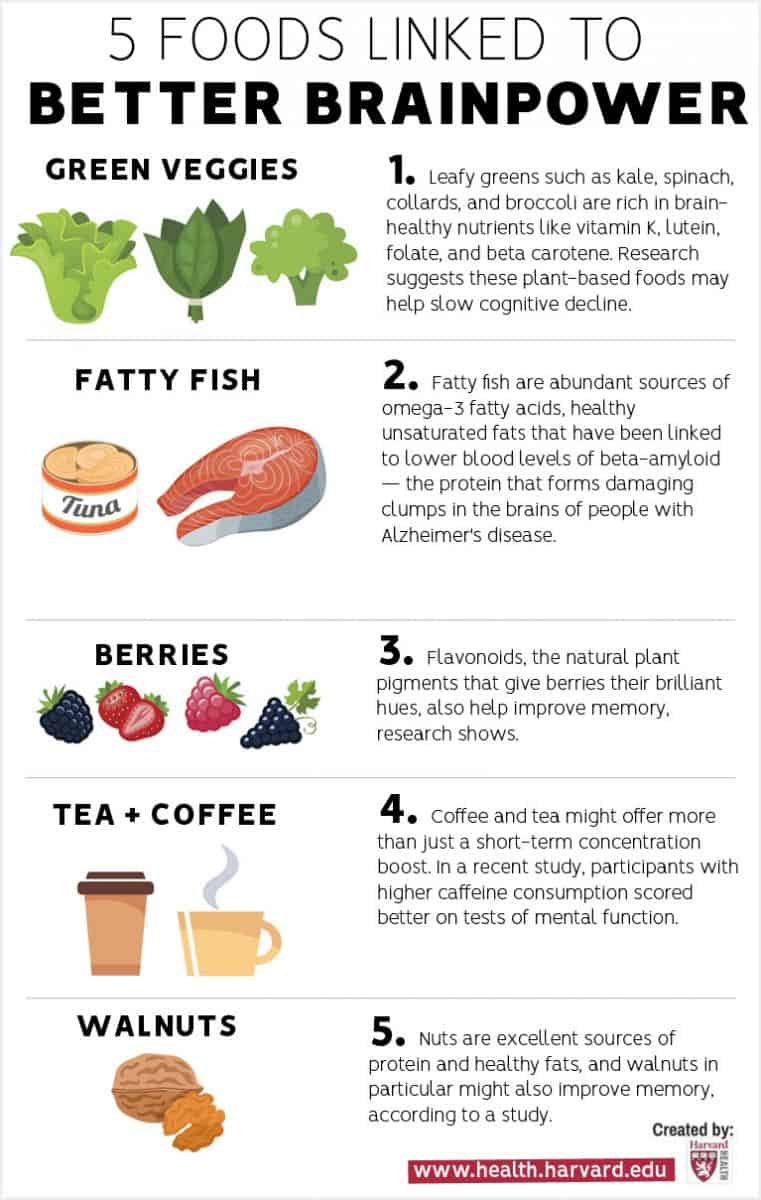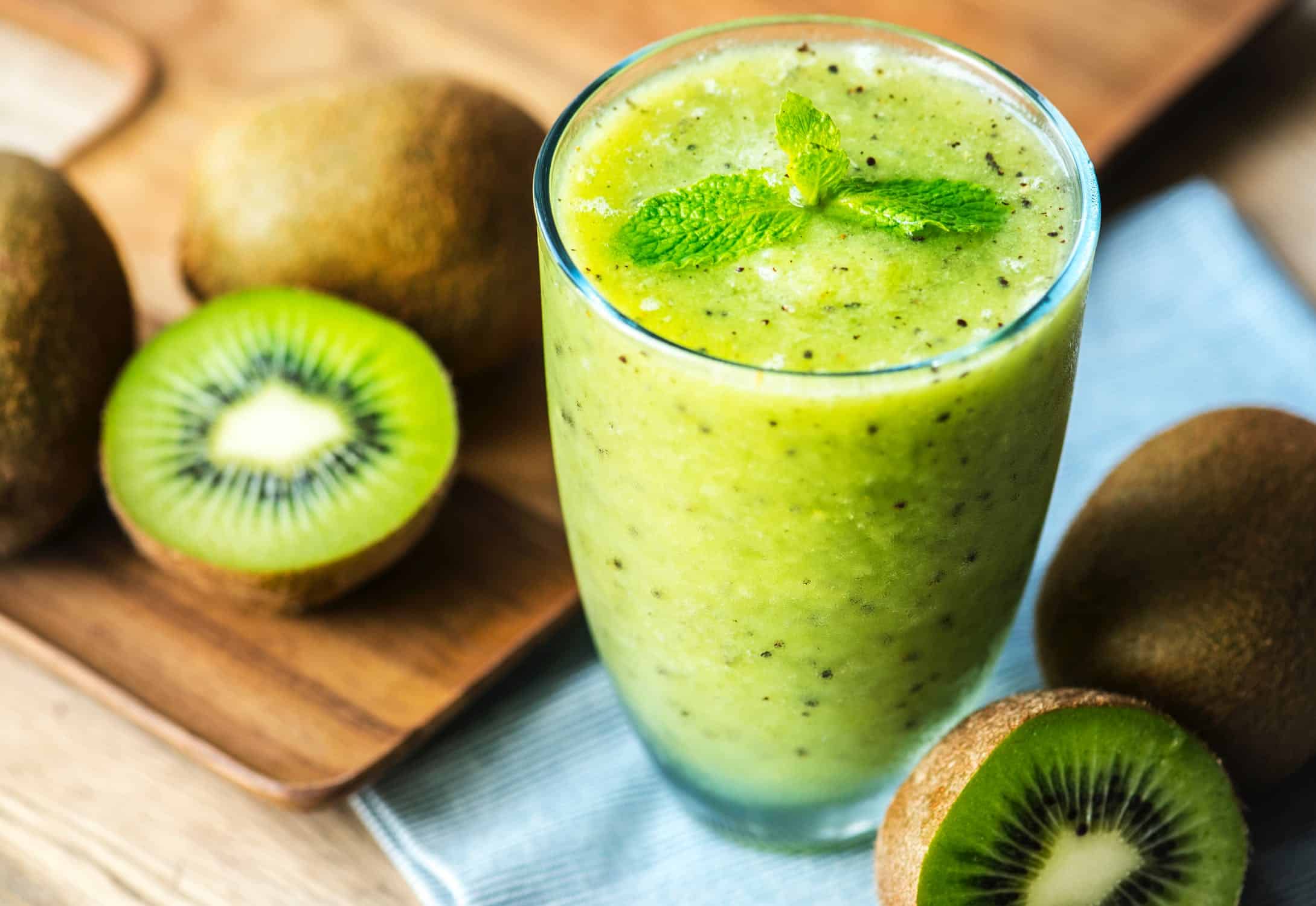More research suggests that eating certain types of foods CAN help you conquer depression & boost your wellbeing: here’s what you should know…
What do you do to boost your wellbeing? Where do you begin?
I’ll be the first to admit.
I don’t like eating the foods I know my body needs.
I’d much rather stuff my face with a decadent cheesecake.
It’s just the right amount of sweet, rich, and velvety-melt-in-your-mouth goodness.
Drizzled in a light strawberry sauce and kissed with a hint of whip cream
And mmm…
What. A. Treat.
Isn’t it funny how the foods that offer us the least nutritional value, are some of the tastiest to eat?
In fact, foods high in processed sugar, fat, and salt are the perfect concoction for food addiction, and those irresistible cravings we can’t seem to shake off.
Food that tastes good, also makes our brains feel good
Did you know that all that processed, convenient, and delicious foods could be making your depression symptoms worse?
In my quest to understand my own depression and take control of my health, I sought answers about nutrition that focused less on weight loss as a goal and more on optimal brain health.
And on my travels through the web, I stumbled upon a thing called nutritional psychology.
Let’s dig in.
Nutritional Psychology 101
Nutritional psychology is the field of psychology that studies the effect nutrition has on our mood and behavior. It explores the connection between the foods we eat and mental disorders that have plagued humans globally, such as depression. Since nutritional psychology is in its early stages of development, the information available to us right now is limited and quite complex.
So what does that mean for you?
Studies have shown a lower risk of depression or depressive symptoms in a group of Australian women who followed the Mediterranean diet. The opposite was true for those who consumed a Western diet, which is notoriously full of processed, inflammatory foods.

Changing your diet to increase brain health not only opens the door to explore new and exciting foods, it means taking control of your own health right now with the tools already available to you.
When you commit to a lifestyle that fosters nourishing the mind and body, you begin to make a loving commitment to yourself.
In turn, you may experience improved intestinal health, less stress, and better brain functioning. All key factors for improving low mood.
What’s the difference between this and trends like paleo or keto?
To gain some more in-depth insight into this, I talked with licensed psychologist Dr. Lytal Pichon.
According to Dr. Pichon,
“Nutritional psychology isn’t based on a one size fits all or specific diet. The idea is that there may be a nutritional component that can be contributing to mental health symptoms. Diets like Keto or Paleo are specific diets, which may or may not work to improve mental health. That’s not to say that the Paleo diet wouldn’t improve mood, it’s just that nutritional psychology focuses on eating real natural food and supplementing if needed. It’s more of an approach to mental health than a specific diet.”

The bottom line is this: the future of nutritional psychology appears promising. As data continues to be released, we can only hope to see a more aggregate approach integrated into some of our modern medicine practices –– which is excellent news for those of us psyched about alternative methods with minimal side effects.
Connecting the Dots
Eating for brain health is not a one size fits all or quick-fix solution, and it doesn’t eliminate the need for therapeutic interventions. Instead, dietary modification works alongside other treatments to promote optimal brain output. As of now, we know that there is a link between diet and depression. Prevention and treatment techniques are still currently being investigated.
What’s the link between nutrition and depression?
The link between nutrition and depression is not fully understood. To understand the relationship between the two, we first need to understand the cause of depression –which is vast and complicated.
I’ll spare you the biochemistry lesson and tell you that research suggests the impact nutrition has on depression is linked but not exclusive to particular neurotransmitter activity and inflammation caused by stress.
To further satisfy your inner psychology geek, you can read more about it here.
Boost Your Wellbeing: Tips for Eating for Mental Health
With all the information we have access to, knowing what to eat can be overwhelming.
This is why I teamed up with Dr. Pichon to offer quick practical tips for incorporating better eating habits into your lifestyle. To get over the initial hump, Dr. Pichon recommends to her own patients to start simple and start slow.
Starting simple and starting slow:
Avoid an all or nothing approach and start with something simple. Try swapping out your favorite snack twice a week for one that’s filled with the stuff your brain loves. Half a cup of nuts and dark chocolate mixed together is the perfect blend of sweet, crunchy, and salty –– bonus points since it contains zinc and mood-busting antioxidants.
You can also apply the same principle for snacks to your beverages. Instead of downing a can of soda, commit to drinks that are low in sugar like water or tea. Coconut water with a splash of pineapple is my personal favorite.

Once you’ve spent a few weeks eating a brain powered breakfast, begin infusing your new habits into your lunch then dinner meals. This simple salmon recipe packed with omega 3’s can be made in 30 minutes –– great for lazy cooks.
Foods to Avoid
The list of foods to avoid is far and wide.
And nothing you probably haven’t heard before.
So I’ll keep this brief.
Minimize your consumption of alcohol, processed foods, fast foods, foods with loads of sugar and trans fats because they all can cause inflammation, which we now know is a potential trigger for depression.
Foods to Eat
Looking for Dr. Pichon’s input on what to eat? Her advice: eat real, natural, and fresh foods. To start with, aim for foods rich in nutrients like:
Omega 3’s
- Fish
- Flax/chia seeds
Vitamin D
- Eggs
- Mushrooms
Magnesium
- Spinach
- Almonds
B12
- Meat
- Whole grains
Iron
- Beans
- Spinach
For a more comprehensive list of nutrients and depression, please, visit Medical News Today.
Your voyage to mind-blowing eating doesn’t have to be a perfect one. Remember to start slow and pay attention to how certain foods make you feel.
Dedicate one to two days out of your week to optimal eating –– when momentum builds, add an extra day. As you learn more about your body, make changes along the way.
Hate spinach? Don’t eat it 🙂
The beauty of this journey is there is no right way, giving you complete creative control. Battling depression is hard enough so gift yourself the freedom of flexibility and grace. When you do give in to those intense cravings you can meet yourself with love instead of guilt and judgment.
Now that you’ve got a short glimpse into the mind-catching field of nutritional psychology, I hope you’re inclined to begin your own research and approach eating with a more holistic mindset.
Happy eating, friend!
photo source | pexels


